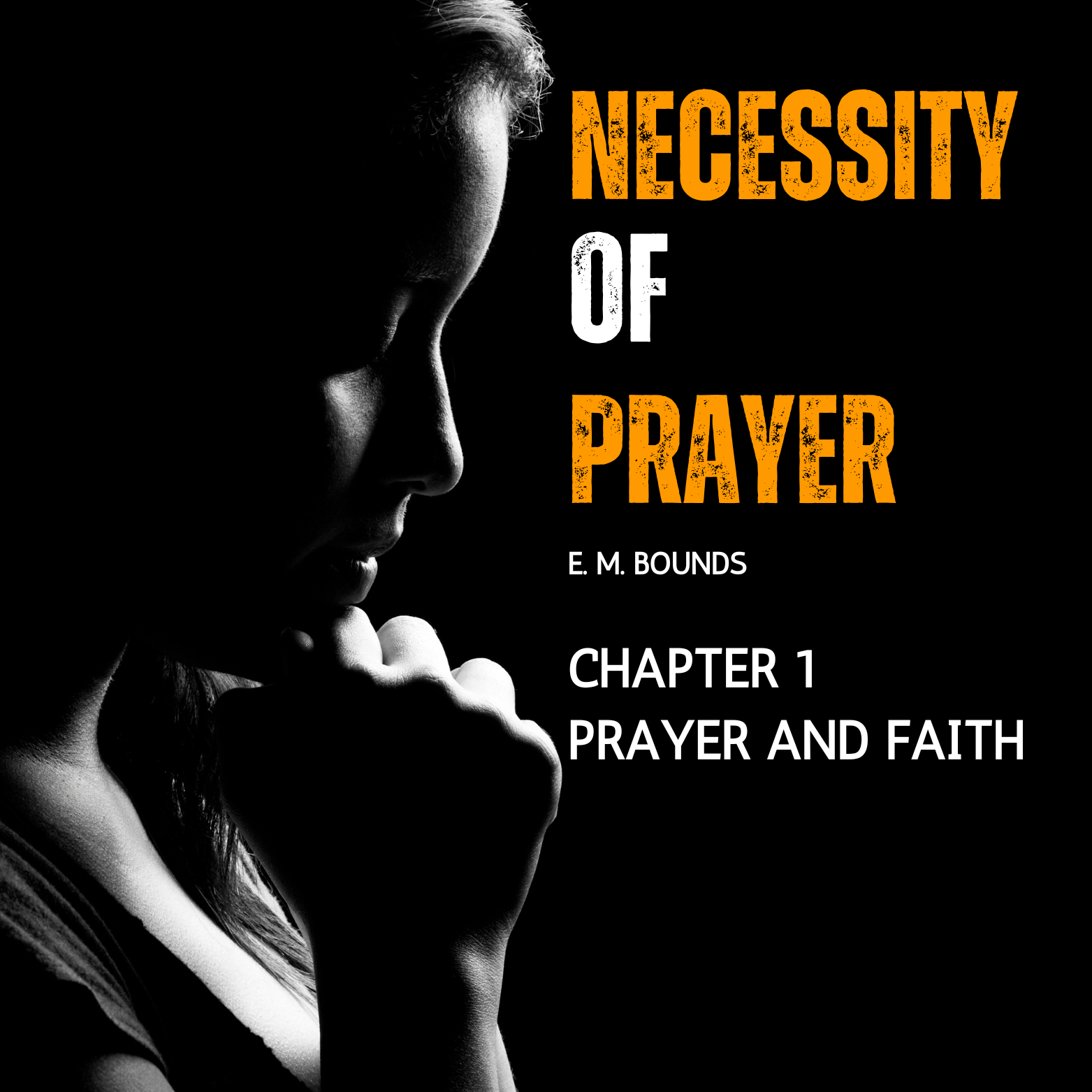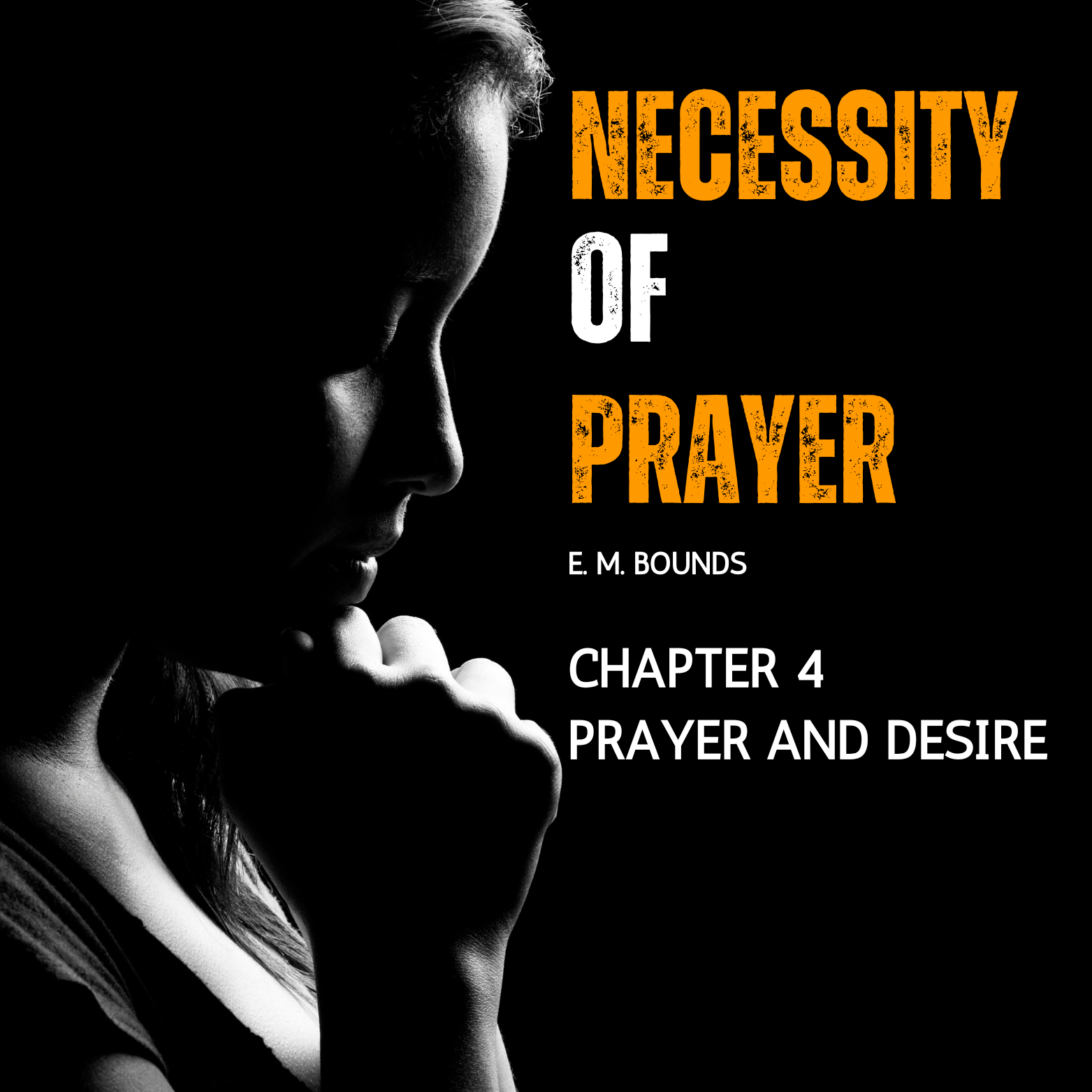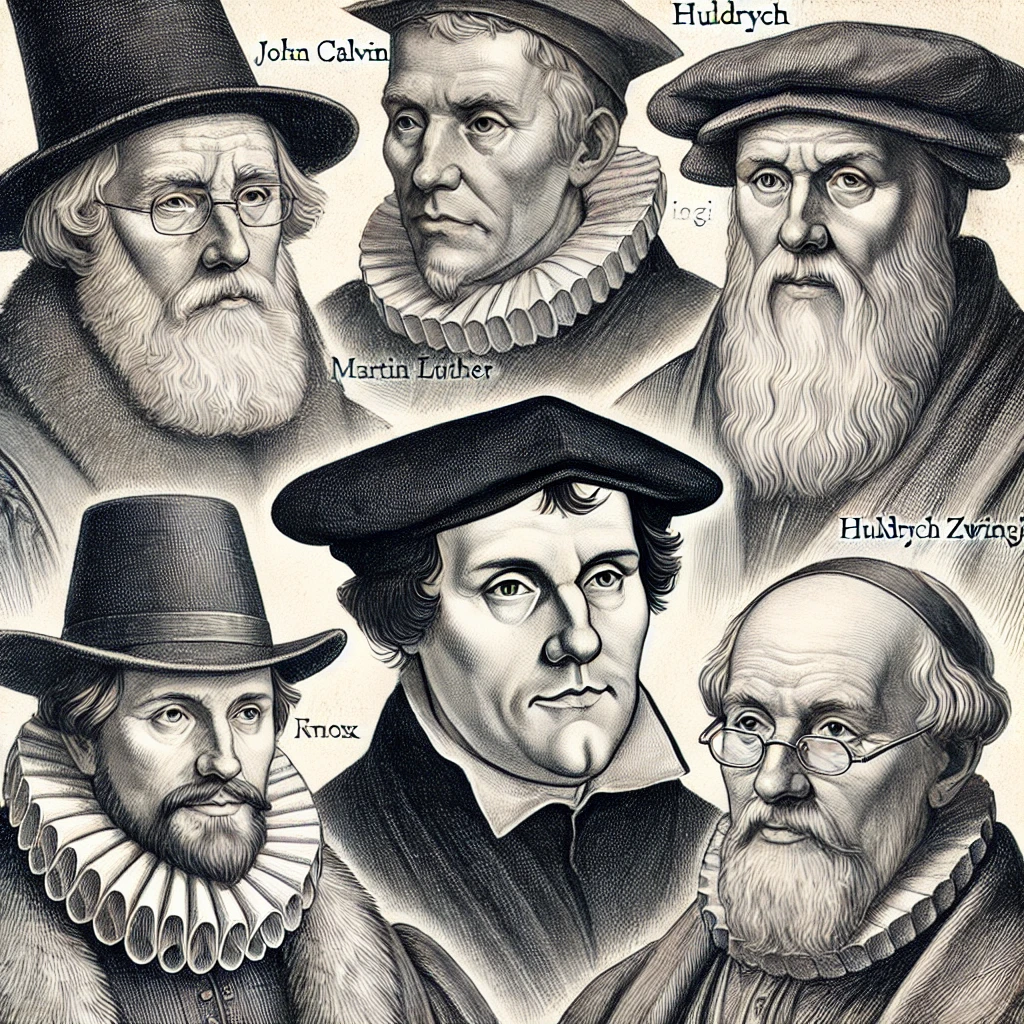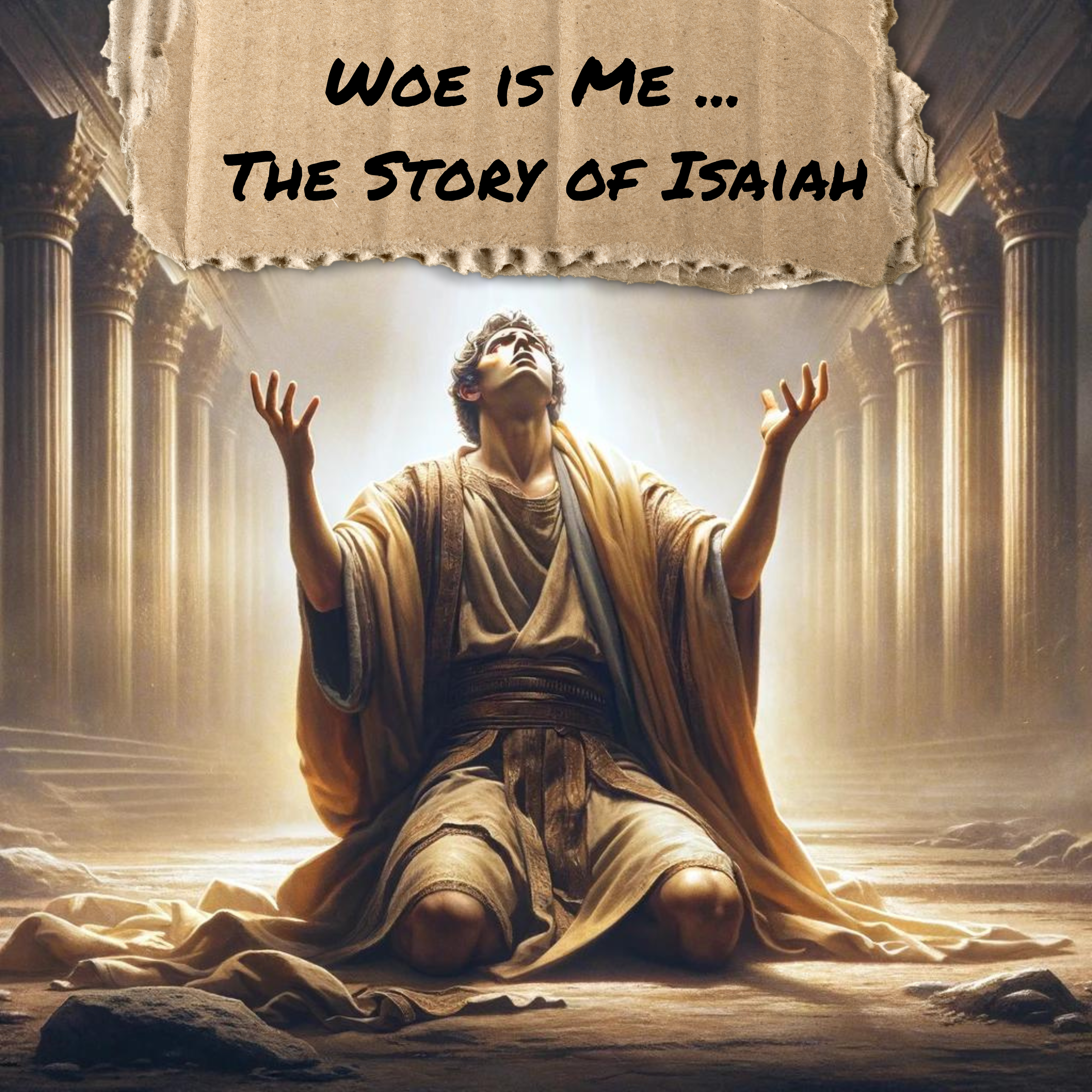
Prayer and Faith
Matthew 21:22 – “And all things, whatsoever ye shall ask in prayer, believing, ye shall receive.”
IN any study of the principles, and procedure of prayer, of its activities and enterprises, first place, must, of necessity, be given to faith. It is the initial quality in the heart of any man who essays to talk to the Unseen. He must, out of sheer helplessness, stretch forth hands of faith. He must believe, where he cannot prove. In the ultimate issue, prayer is simply faith, claiming its natural yet marvelous prerogatives — faith taking possession of its illimitable inheritance. True godliness is just as true, steady, and persevering in the realm of faith as it is in the province of prayer. Moreover: when faith ceases to pray, it ceases to live.
Faith does the impossible because it brings God to undertake for us, and nothing is impossible with God. How great — without qualification or limitation — is the power of faith! If doubt be banished from the heart, and unbelief made stranger there, what we ask of God shall surely come to pass, and a believer hath vouchsafed (granted) to him “whatsoever he saith.” (Mark 11:23)
Prayer projects faith on God, and God on the world. Only God can move mountains, but faith and prayer move God. (Mark 11:12) In His cursing of the fig-tree our Lord demonstrated His power. Following that, He proceeded to declare, that large powers were committed to faith and prayer, not in order to kill but to make alive, not to blast but to bless.
At this point in our study, we turn to a saying of our Lord, which there is need to emphasize, since it is the very keystone of the arch of faith and prayer.
“Therefore I say unto you, What things soever ye desire when ye pray, believe that ye receive them, and ye shall have them.” (Mark 11:24)
We should ponder well that statement — “Believe that ye receive them, and ye shall have them.” Here is described a faith which realizes, which appropriates, which takes. Such faith is a consciousness of the Divine, an experienced communion, a realized certainty.
Is faith growing or declining as the years go by? Does faith stand strong and four square, these days, as iniquity abounds and the love of many grows cold? (Matthew 24:12) Does faith maintain its hold, as religion tends to become a mere formality and worldliness increasingly prevails? The enquiry of our Lord, may, with great appropriateness, be ours. “When the Son of Man cometh,” He asks, “shall He find faith on the earth?” (Luke 18:8) We believe that He will, and it is ours, in this our day, to see to it that the lamp of faith is trimmed and burning, lest He come who shall come, and that right early. (Hebrews 10:37)
Faith is the foundation of Christian character and the security of the soul. When Jesus was looking forward to Peter’s denial, and cautioning him against it, He said unto His disciple:
“Simon, Simon, behold, Satan hath desired to have you, to sift you as wheat; but I have prayed for thee, that thy faith fall not.” (Luke 22:31, 32)
Our Lord was declaring a central truth; it was Peter’s faith He was seeking to guard; for well He knew that when faith is broken down, the foundations of spiritual life give way, and the entire structure of religious experience falls. It was Peter’s faith which needed guarding. Hence Christ’s solicitude (concern) for the welfare of His disciple’s soul and His determination to fortify Peter’s faith by His own all-prevailing prayer.
In his Second Epistle, Peter has this idea in mind when speaking of growth in grace as a measure of safety in the Christian life, and as implying fruitfulness.
“And besides this,” he declares, “giving diligence, add to your faith virtue; and to virtue knowledge; and to knowledge temperance; and to temperance patience; and to patience godliness.” (2 Peter 1:5, 6)
Of this additive process, faith was the starting-point — the basis of the other graces of the Spirit. Faith was the foundation on which other things were to be built. Peter does not enjoin his readers to add to works or gifts or virtues but to faith. Much depends on starting right in this business of growing in grace. There is a Divine order, of which Peter was aware; and so he goes on to declare that we are to give diligence to making our calling and election sure, (2 Peter 1:10) which election is rendered certain adding to faith which, in turn, is done by constant, earnest praying. Thus faith is kept alive by prayer, and every step taken, in this adding of grace to grace, is accompanied by prayer.
The faith which creates powerful praying is the faith which centers itself on a powerful Person. Faith in Christ’s ability to do and to do greatly, is the faith which prays greatly. Thus the leper lay hold upon the power of Christ. “Lord, if Thou wilt,” he cried, “Thou canst make me clean.” (Matthew 8:2; Mark 1:40) In this instance, we are shown how faith centered in Christ’s ability to do, and how it secured the healing power.
It was concerning this very point, that Jesus questioned the blind men who came to Him for healing:
“Believe ye that I am able to do this?” He asks. “They said unto Him, Yea, Lord. Then touched He their eyes, saying, According to your faith be it unto you.” (Matthew 9:28, 29)
It was to inspire faith in His ability to do that Jesus left behind Him, that last, great statement, which, in the final analysis, is a ringing challenge to faith. “All power,” He declared, “is given unto Me in heaven and in earth.” (Matthew 28:18)
Again: faith is obedient; it goes when commanded, as did the nobleman, who came to Jesus, in the day of His flesh, and whose son was grievously sick. (John 4:46-53)
Moreover: such faith acts. Like the man who was born blind, it goes to wash in the pool of Siloam when told to wash. (John 9:1-7). Like Peter on Gennesaret it casts the net where Jesus commands, instantly, without question or doubt. (Luke 5:4-6; John 21:6) Such faith takes away the stone from the grave of Lazarus promptly. (John 11:39-41) A praying faith keeps the commandments of God and does those things which are well pleasing in His sight. It asks, “Lord, what wilt Thou have me to do?” and answers quickly, “Speak, Lord, Thy servant heareth.” (1 Samuel 3:10) Obedience helps faith, and faith, in turn, helps obedience. To do God’s will is essential to true faith, and faith is necessary to implicit obedience.
Yet faith is called upon, and that right often to wait in patience before God, and is prepared for God’s seeming delays in answering prayer. Faith does not grow disheartened because prayer is not immediately honored; it takes God at His Word, and lets Him take what time He chooses in fulfilling His purposes, and in carrying on His work. There is bound to be much delay and long days of waiting for true faith, but faith accepts the conditions — knows there will be delays in answering prayer, and regards such delays as times of testing, in the which, it is privileged to show its mettle, and the stern stuff of which it is made.
The case of Lazarus was an instance of where there was delay, where the faith of two good women was sorely tried: Lazarus was critically ill, and his sisters sent for Jesus. But, without any known reason, our Lord delayed His going to the relief of His sick friend. The plea was urgent and touching — “Lord, behold, he whom Thou lovest is sick,” — but the Master is not moved by it, and the women’s earnest request seemed to fall on deaf ears. What a trial to faith! Furthermore: our Lord’s tardiness appeared to bring about hopeless disaster. While Jesus tarried, Lazarus died.
But the delay of Jesus was exercised in the interests of a greater good. Finally, He makes His way to the home in Bethany. (John 11:1-15)
“Then said Jesus unto them plainly, Lazarus is dead. And I am glad for your sakes, that I was not there, to the intent ye may believe; nevertheless let us go unto him.” (John 11:14, 15)
Fear not, O tempted and tried believer, Jesus will come, if patience be exercised, and faith hold fast. His delay will serve to make His coming the more richly blessed. Pray on. Wait on. Thou canst not fail. If Christ delay, wait for Him. In His own good time, He will come, and will not tarry.
Delay is often the test and the strength of faith. How much patience is required when these times of testing come! Yet faith gathers strength by waiting and praying. Patience has its perfect work (James 1:4) in the school of delay. In some instances, delay is of the very essence of the prayer. God has to do many things, antecedent to giving the final answer — things which are essential to the lasting good of him who is requesting favor at His hands.
Jacob prayed, with point and ardor, to be delivered from Esau. But before that prayer could be answered, there was much to be done with, and for Jacob. He must be changed, as well as Esau.
Jacob had to be made into a new man, before Esau could be. Jacob had to be converted to God, before Esau could be converted to Jacob. (Genesis 27:33)
Among the large and luminous utterances of Jesus concerning prayer, none is more arresting than this:
“Verily, verily, I say unto you, He that believeth on Me, the works that I do shall he do also; and greater works than these shall he do; because I go unto My Father. And whatsoever ye shall ask in My Name, that will I do, that the Father may be glorified in the Son. If ye shall ask anything in My Name, I will do it.” (John 14:12-14)
How wonderful are these statements of what God will do in answer to prayer! Of how great importance these ringing words, prefaced, as they are, with the most solemn verity! Faith in Christ is the basis of all working, and of all praying. All wonderful works depend on wonderful praying, and all praying is done in the Name of Jesus Christ. Amazing lesson, of wondrous simplicity, is this praying in the name of the Lord Jesus! All other conditions are depreciated, everything else is renounced, save Jesus only. The name of Christ — the Person of our Lord and Savior Jesus Christ — must be supremely sovereign, in the hour and article of prayer.
If Jesus dwell at the fountain of my life; if the currents of His life have displaced and superseded all self-currents; if implicit obedience to Him be the inspiration and force of every movement of my life, then He can safely commit the praying to my will, and pledge Himself, by an obligation as profound as His own nature, that whatsoever is asked shall be granted. Nothing can be clearer, more distinct, more unlimited both in application and extent, than the exhortation and urgency of Christ, “Have faith in God.” (Mark 11:22)
Faith covers temporal as well as spiritual needs. Faith dispels all undue anxiety and needless care about what shall be eaten, what shall he drunk, what shall be worn. (Matthew 6:25-34) Faith lives in the present, and regards the day as being sufficient unto the evil thereof. It lives day by day, and dispels all fears for the morrow. Faith brings great ease of mind and perfect peace of heart.
“Thou wilt keep him in perfect peace whose mind is stayed on Thee: because he trusted in Thee.” (Isaiah 26:3)
When we pray, “Give us this day our daily bread,” (Matthew 6:11; Luke 11:3) we are, in a measure, shutting tomorrow out of our prayer. We do not live in tomorrow but in today. We do not seek tomorrow’s grace or tomorrow’s bread. They thrive best, and get most out of life, who live in the living present. They pray best who pray for today’s needs, not for tomorrow’s, which may render our prayers unnecessary and redundant by not existing at all!
True prayers are born of present trials and present needs. Bread, for today, is bread enough. Bread given for today is the strongest sort of pledge that there will be bread tomorrow. Victory today, is the assurance of victory tomorrow. Our prayers need to be focussed upon the present, We must trust God today, and leave the morrow entirely with Him. The present is ours; the future belongs to God. Prayer is the task and duty of each recurring day — daily prayer for daily needs.
As every day demands its bread, so every day demands its prayer. No amount of praying, done today, will suffice for tomorrow’s praying. On the other hand, no praying for tomorrow is of any great value to us today. To-day’s manna is what we need; tomorrow God will see that our needs are supplied. This is the faith which God seeks to inspire. So leave tomorrow, with its cares, its needs, its troubles, in God’s hands. There is no storing tomorrow’s grace or tomorrow’s praying; neither is there any laying-up of today’s grace, to meet tomorrow’s necessities. We cannot have tomorrow’s grace, we cannot eat tomorrow’s bread, we cannot do tomorrow’s praying. “Sufficient unto the day is the evil thereof;” and, most assuredly, if we possess faith, sufficient also, will be the good.
Devotional …
Introduction:
In any journey of faith, the role of prayer cannot be overstated. It is the lifeline that connects us to the Divine, and at its core, prayer is an expression of our faith in God. As we delve into the principles and procedures of prayer, it becomes evident that faith occupies the first and foremost place. Without faith, prayer loses its essence and power. In this devotional article, we will explore the profound relationship between faith and prayer, the role of faith in obtaining answers to our petitions, and how faith shapes our Christian character.
- The Foundation of Faith:
Faith is the bedrock upon which our relationship with God is built. When we approach the unseen God in prayer, we must do so with outstretched hands of faith, believing where we cannot prove. True godliness is marked by unwavering faith, and when faith wanes, so does our prayer life. Faith is the key to unlocking the limitless potential of prayer. - Faith Brings God to Act:
Faith makes the impossible possible because it invites God to intervene on our behalf. Nothing is beyond the reach of faith, for with God, all things are possible. As we pray, we project our faith onto God, and in return, God moves in the world. Faith and prayer work together to accomplish God’s purposes, not to harm but to bless. - The Keystone of Faith and Prayer:
A pivotal statement from Jesus underscores the significance of faith in prayer: “Therefore I say unto you, What things soever ye desire when ye pray, believe that ye receive them, and ye shall have them” (Mark 11:24). This verse highlights faith’s role in prayer—believing before receiving. Faith is the bridge between our petitions and God’s provision, leading to a profound realization of our prayers. - Growing Faith in Troubled Times:
In a world where iniquity abounds and love often grows cold, we must ask ourselves if our faith is growing or declining. Will Jesus find strong and unwavering faith when He returns? It is our responsibility to keep the lamp of faith burning brightly in a world that can sometimes feel spiritually cold and distant. Faith in God’s promises sustains us through every trial and tribulation. - Faith: The Foundation of Christian Character:
Peter, in his second epistle, emphasizes the role of faith as the foundation of Christian character and spiritual growth. He urges believers to add virtue, knowledge, temperance, patience, and godliness to their faith. This additive process begins with faith and is sustained through constant, earnest prayer. - Faith Centers on a Powerful Person:
Faith that leads to powerful praying centers on the person of Jesus Christ. Just as the leper believed in Christ’s ability to heal, our faith must anchor itself in Christ’s power to act. Our prayers become mighty when they are rooted in the confidence that Christ can accomplish great things. - Faith Is Obedient and Actively Trusting:
True faith is obedient and active. It heeds Christ’s commands, as demonstrated by the nobleman who trusted in Jesus’ words. Faith also acts promptly and decisively, like Peter casting the net when Jesus instructed. Obedience strengthens faith, and faith fuels obedience, creating a harmonious cycle of spiritual growth. - Faith in the Face of Delay:
Faith often faces the test of patience when God’s timing seems delayed. The story of Lazarus illustrates this well. Despite Jesus’ delay, Mary and Martha’s faith persevered. In the end, the delay served a greater purpose, and Lazarus was raised from the dead. Our faith is tried and strengthened when we trust God’s timing, even when it appears that He delays. - The Strength of Faith in Delay:
Delay can be the crucible in which faith is refined and strengthened. Patience is the key to enduring times of testing and waiting on God. True faith understands that God’s timing is perfect, and the trials we face in the waiting become opportunities for our faith to shine. - Praying in Jesus’ Name:
One of the most powerful aspects of prayer is invoking the name of Jesus. When we pray in the name of Jesus, we acknowledge His sovereign authority over our lives and petitions. Jesus Himself promised that whatever we ask in His name, He will do, for the glory of the Father.
Conclusion:
Faith and prayer are inseparable partners in our journey of faith. As we cultivate unwavering faith, our prayers become potent instruments of God’s will. Let us remember that faith centers on a powerful Person, Jesus Christ, who calls us to trust Him and pray with confidence. In our daily walk with God, may we continually seek to deepen our faith, understanding that faith not only moves mountains but also sustains our souls. Through the power of faith in prayer, we can experience the limitless blessings of our heavenly Father, today and always.
Questions to Ponder …
- How strong is my faith when I approach God in prayer, and how can I strengthen it further?
- Do I truly believe that with God, all things are possible in my life and in my prayers?
- Am I actively cultivating faith in God during times of trouble and uncertainty?
- Is my faith centered on Christ’s ability to answer my prayers and intervene in my life?
- Do I obey God’s commands with the same level of trust and faith that I bring to my prayers?
- How do I respond when God’s answers seem delayed, and how can I maintain faith during these times?
- In what ways can I develop greater patience and endurance in my faith journey?
- How often do I pray in the name of Jesus, acknowledging His authority and power in my life?
- What specific steps can I take to deepen my faith in Christ and make it a more central aspect of my daily life?
- How can I ensure that my prayers are not just a routine but a powerful expression of my unwavering faith in God?







